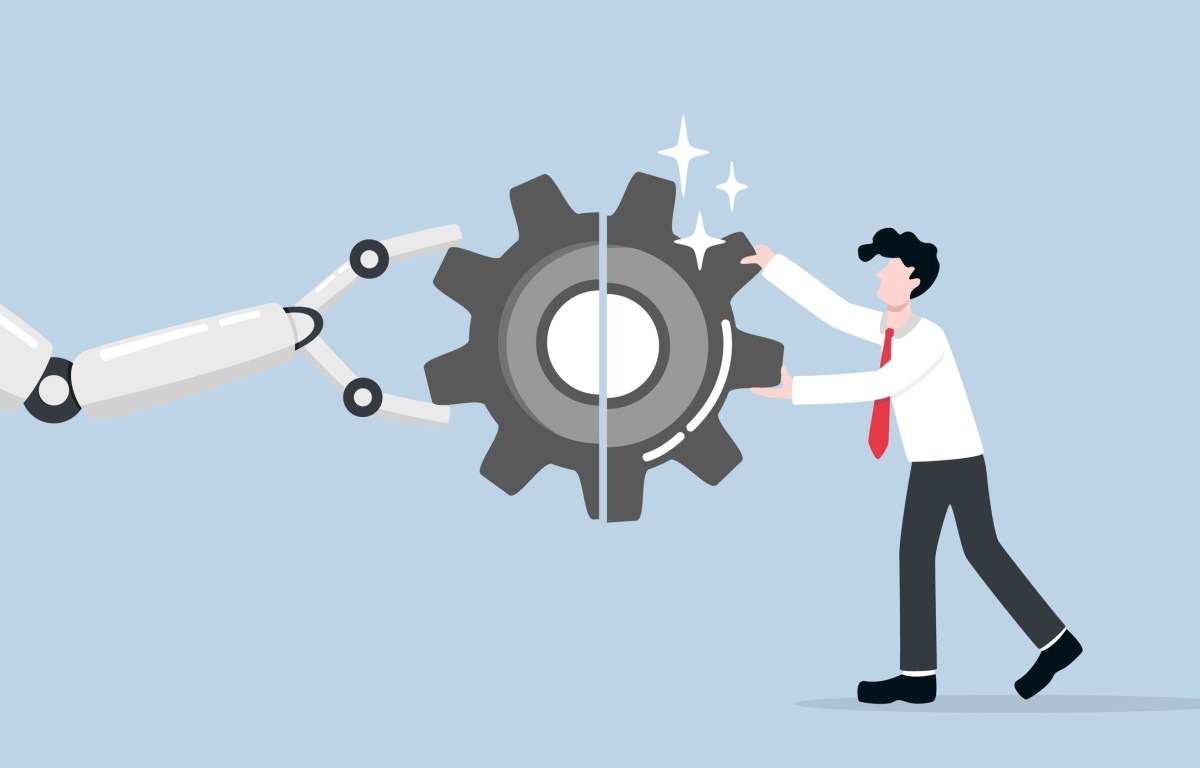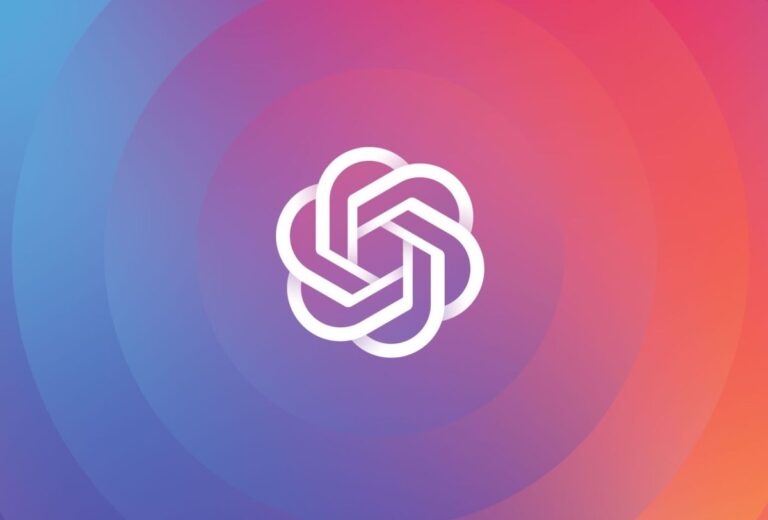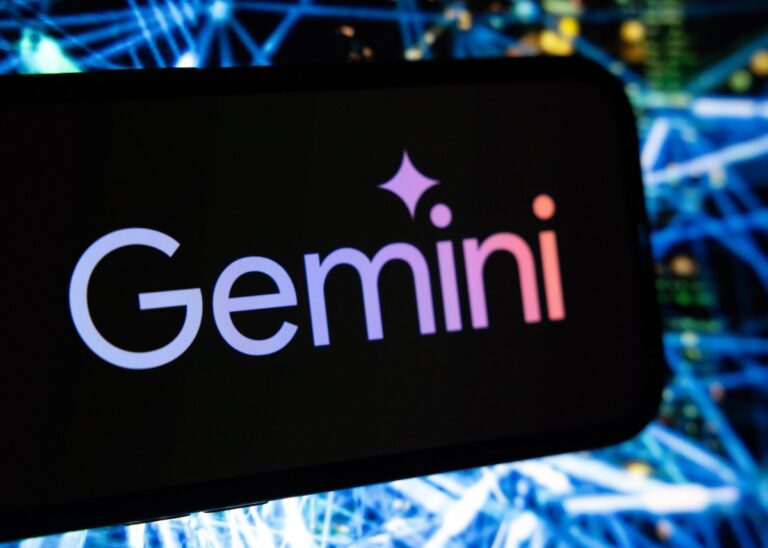Rethinking Intelligence: Why IQ Tests Fail to Measure AI Potential
In a recent press conference, OpenAI’s CEO, Sam Altman, shared his observations on the rapid advancement of artificial intelligence (AI) capabilities, suggesting that AI’s “IQ” has significantly improved over the past few years. This claim has sparked a lively debate about the appropriateness of using IQ as a benchmark for measuring AI intelligence.
Understanding AI’s Progress Through IQ Metrics
During his remarks, Altman stated, “Very roughly, it feels to me like — this is not scientifically accurate, this is just a vibe or spiritual answer — every year we move one standard deviation of IQ.” This analogy aligns with a broader trend where some AI enthusiasts and influencers have utilized IQ tests to gauge the performance of AI models.
The Limitations of IQ as a Measure of Intelligence
However, many experts argue that using IQ as a standard for assessing AI capabilities is misleading. As Sandra Wachter, a researcher at Oxford, noted, “It can be very tempting to use the same measures we use for humans to describe capabilities or progress, but this is like comparing apples with oranges.”
- Subjectivity: IQ tests are relative measures, not objective evaluations.
- Limited Scope: They assess specific types of intelligence, primarily logic and abstract reasoning.
- Practical Intelligence: IQ does not account for real-world problem-solving skills.
The Flaws of IQ Testing in AI Contexts
Wachter further emphasized that IQ tests are designed to measure human capabilities based on certain assumptions about intelligence. “A car is faster than humans, and a submarine is better at diving. But this doesn’t mean cars or submarines surpass human intelligence,” she explained.
Potential Bias in IQ Testing
Moreover, the origins of IQ testing can be traced back to controversial theories, which raises ethical concerns. According to Os Keyes, a PhD candidate at the University of Washington, “These tests are pretty easy to game if you have a practically infinite amount of memory and patience.” This suggests that a model’s success on an IQ test may reflect the test’s limitations rather than true intelligence.
The Advantages of AI in IQ Testing
AI models possess vast amounts of data and memory, giving them an inherent advantage in IQ testing scenarios. As Mike Cook, a research fellow at King’s College London, stated, “When I learn something, I don’t get it piped into my brain with perfect clarity 1 million times, unlike AI.” This disparity highlights the fundamental differences in how AI and humans process information.
The Need for New Evaluation Metrics
Experts like Heidy Khlaaf, chief AI scientist at the AI Now Institute, argue for the development of better metrics tailored for evaluating AI systems. Khlaaf pointed out, “In the history of computation, we haven’t compared computing abilities to that of humans precisely because the nature of computation means systems have always been able to complete tasks already beyond human ability.”
As AI continues to evolve, it becomes increasingly crucial to establish appropriate benchmarks that reflect its unique capabilities and operational methods, rather than relying on outdated human-centric measures.
For more insights on AI developments, consider visiting TechCrunch or explore our internal articles on AI advancements.







